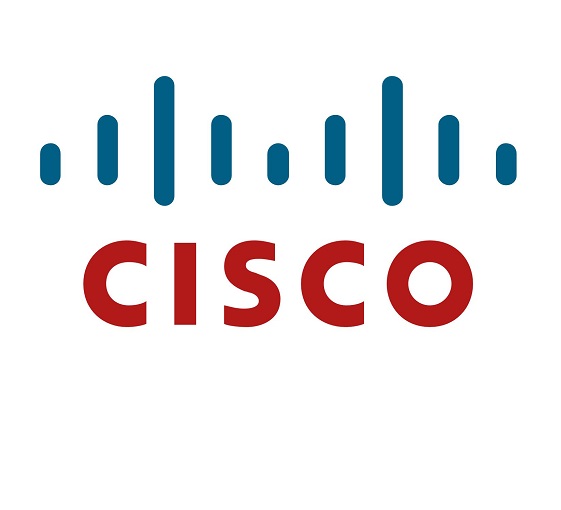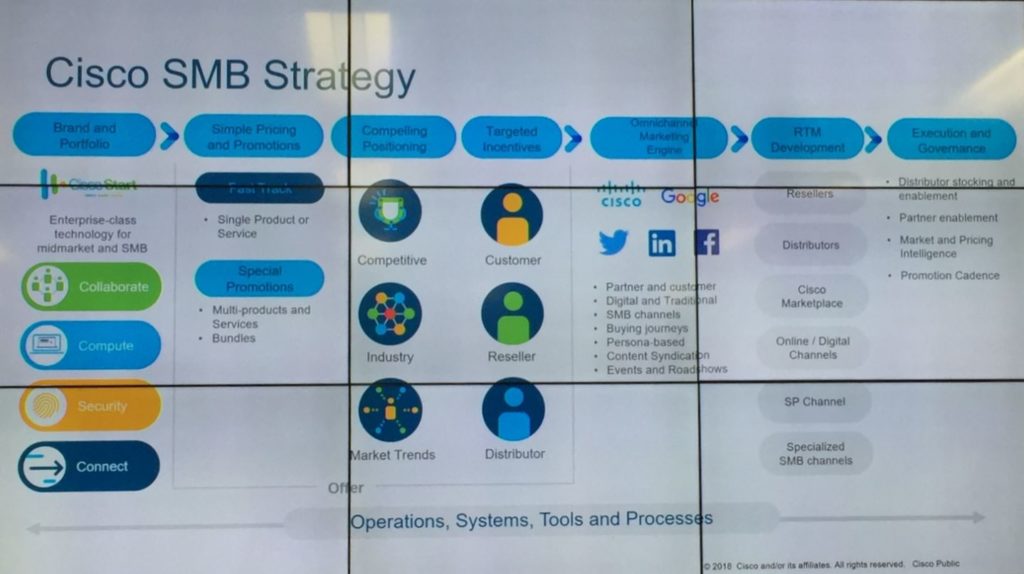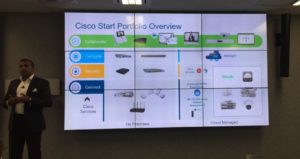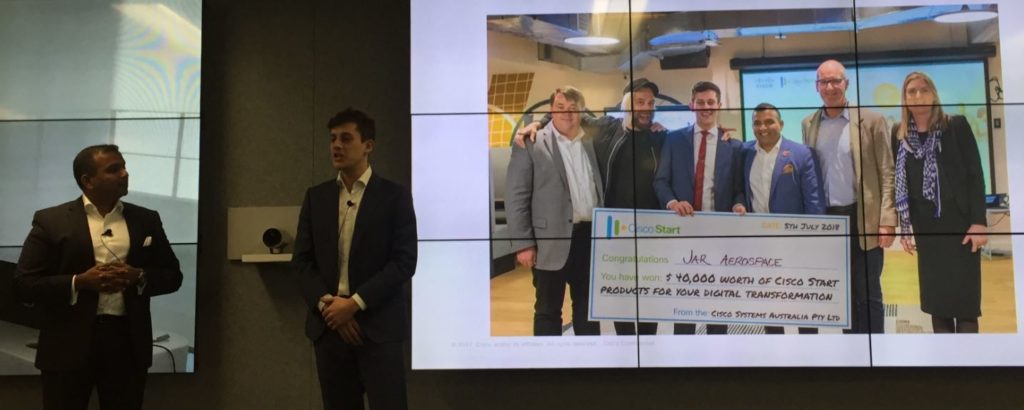
Over the last 18 months, Cisco has developed a purpose built portfolio called ‘Cisco Start’ which allows SMBs to adopt enterprise class technology at an affordable cost, that is reliable, simple and secure. The concept is they can subscribe to a managed service and pay as they grow for flexibility to adopt and scale as required.
Opening with a briefing to media by Ken Boal, Vice President for Cisco ANZ, SMBs are the small to medium sized enterprises with 250 users or more. Cisco, along with its strong commercial focus, is seeking to help Australian business accelerate and help the SMB market thrive. “We’re committed to leading digital in whatever realm they play”, Ken said.
With 2017 turnover reaching AU$1.9B in the last 18 months, the SMB share of that grew from 9% to 13% of the business and the aspiration is to grow to 20% and beyond with AU$15M growth per annum.
Referring to the Deloitte Access Economics report, Connected Small Business 2017, sponsored by Google, there remains significant opportunity in the SMB segment of the market. “This report finds that Australian SMB’s are increasingly digitally engaged, and that their take-up of digital tools has been accelerating over time.”
Ken highlighted, “With headlines every week and even today of news of a breach against a SMB provider to regional airports, and the recent Pageup breach, shows that cybersecurity is equally important for SMBs as it is for larger companies. All sectors need to think about cybersecurity.”
Partnering with the Business Council of Australia and the Council of Small Business of Australia, Cisco is seeking to provide clarity, standardisation and requirements of expectations for cybersecurity. A security capabilities benchmark study (links to previous report) showed that many SMBs given up in trying to keep up with the threat landscape. The study showed many of the 100 surveyed had experienced a 17-25 hour outage due to a security breach. Cybersecurity compromise is laying dormant in small business for at least 100 days.
Ken said, “With Cisco Start, for cybersecurity, it will provide a validated design and a reference architecture to industry, so security is fully integrated vertically. What we will do is provide best practice architecture, however user behaviour and culture is a big part, where we are working with the BCA on the technology aspect”.
Ken confirmed, “Our play is therefore, simple, smart and secure.”
“There is no such thing as small business, that is an economist term,” said Peter Strong, CEO of the Council of Small Business of Australia, “small business is people. So the process has to be simple and if you can’t communicate a process, like we say to government about policy, it will fail.”
Nor is there a compliant small business in Australia. “It is impossible to be compliant in the regulated environment in Australia,” Peter said. “So don’t talk about the features, talk about the benefits – and cybersecurity provides stress management. The personality traits of small business is they are optimistic – if you’re a pessimist you go into government.”
“Communications is vital. If you don’t get that right you will fail. Selling to small business needs to be clearly and simply communicated. We have to trust people. In the main, big business and small business get on pretty well. SMB need the likes of Cisco but likewise, Cisco needs SMB. We need to work and trust each other.”
“Within the Supply chain, you’re only as strong as your weakest link. We have to work together and we can’t have big business saying ‘get your act together’ without assisting.”
Nykaj Nair, Head of SMB, Distribution and Channels at Cisco is providing the strategic approach to the SMB market through simplicity, affordability, trust and scalability – so as a SMB grows, the technology scales with them.
A portfolio has been purpose built for SMBs, which involves building capability and capacity for routes to a diverse market segment and building trust. A key area of investment is digital communication and marketing, to educate SMBs on the importance of the digital network environment.
 The four key routes to the SMB market involves reaching out to the system integrators and Cisco has trained over 1,000 system integraters, to build trust with their customers and have reached over 50,000 customers over the last 12 months.
The four key routes to the SMB market involves reaching out to the system integrators and Cisco has trained over 1,000 system integraters, to build trust with their customers and have reached over 50,000 customers over the last 12 months.
The second market route is via the telcos and managed service providers, which have a unique ability to provide technology as a service. It is easier for Cisco to provide a catalogue of technology as a service, leveraging Cisco Start as a platform.
The third scope is the alternative channel, such as retailers like JB HiFi and build a catalogue of services. An example shown was the Victorian Famers Federation. And the fourth route is alternative marketplaces, including an Australian pilot underway with a Cisco Start marketplace, with seven partners signed and the concept being as part of partner facing store front.
In closing Samuel Lewinson, COO and co-founder of Jar Aerospace, received a AU$40,000 Cisco Start package as part of the Cisco Start marketing campaign. Winning from a pool of 60 competition applicants, Jar Aerospace is focused on advanced autonomous flight platforms and drone integration, which includes the supply of education programs to schools for coding and hardware for drone integration and engaging students in STEM.






